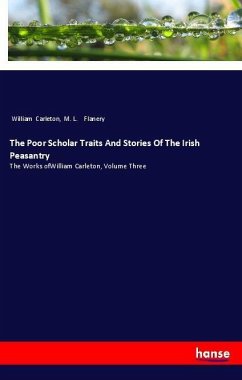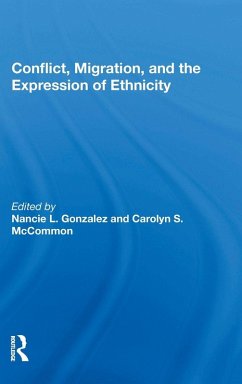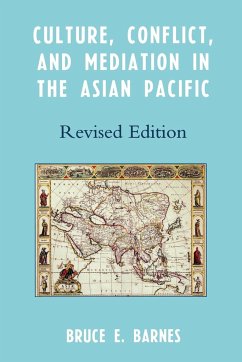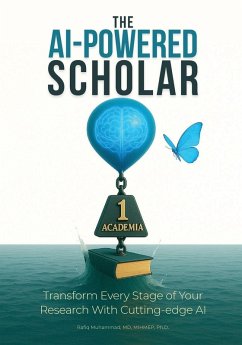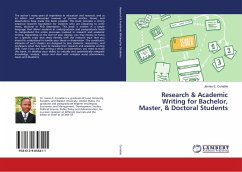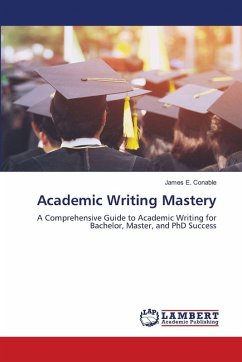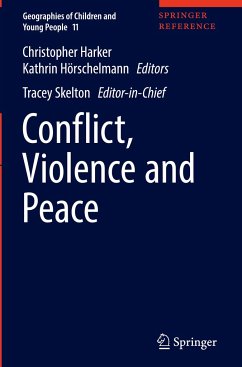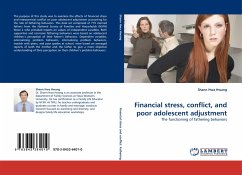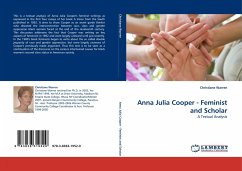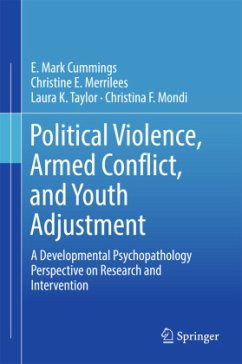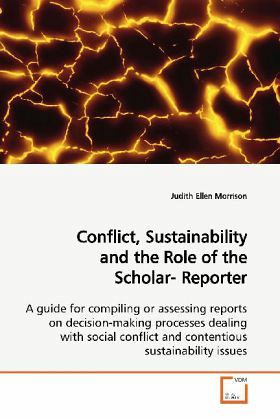
Conflict, Sustainability and the Role of the Scholar- Reporter
A guide for compiling or assessing reports on decision-making processes dealing with social conflict and contentious sustainability issues
Versandkostenfrei!
Versandfertig in 6-10 Tagen
52,99 €
inkl. MwSt.

PAYBACK Punkte
26 °P sammeln!
Surprisingly little critical attention has been given to the ever more crucial role of scholar-reporters and the theoretical grounding they need when assigned to either produce transparent, ''independent'' reports or otherwise critically assess reports, particularly those relating to processes dealing with social conflict and contentious sustainability issues. An integrated framework is developed to compare two markedly different conceptual and theoretical approaches. Those framing world events in terms of political realism are compared with approaches favoured in peace research and conflict r...
Surprisingly little critical attention has been given
to the ever more crucial role of scholar-reporters
and the theoretical grounding they need when assigned
to either produce transparent, ''independent'' reports
or otherwise critically assess reports, particularly
those relating to processes dealing with social
conflict and contentious sustainability issues. An
integrated framework is developed to compare two
markedly different conceptual and theoretical
approaches. Those framing world events in terms of
political realism are compared with approaches
favoured in peace research and conflict resolution
studies that tend to interpret events in terms of
their impact on health and well-being. The
comparative analysis is tested in relation to a case
study report produced by the author. It relates to a
process addressing conflict between Aboriginal
communities and the settler population in an
Australian context. The integrated framework is
applied to articulate how bias influences the way
decision-making or problem-solving interventions and
prospects for change are interpreted.
to the ever more crucial role of scholar-reporters
and the theoretical grounding they need when assigned
to either produce transparent, ''independent'' reports
or otherwise critically assess reports, particularly
those relating to processes dealing with social
conflict and contentious sustainability issues. An
integrated framework is developed to compare two
markedly different conceptual and theoretical
approaches. Those framing world events in terms of
political realism are compared with approaches
favoured in peace research and conflict resolution
studies that tend to interpret events in terms of
their impact on health and well-being. The
comparative analysis is tested in relation to a case
study report produced by the author. It relates to a
process addressing conflict between Aboriginal
communities and the settler population in an
Australian context. The integrated framework is
applied to articulate how bias influences the way
decision-making or problem-solving interventions and
prospects for change are interpreted.



